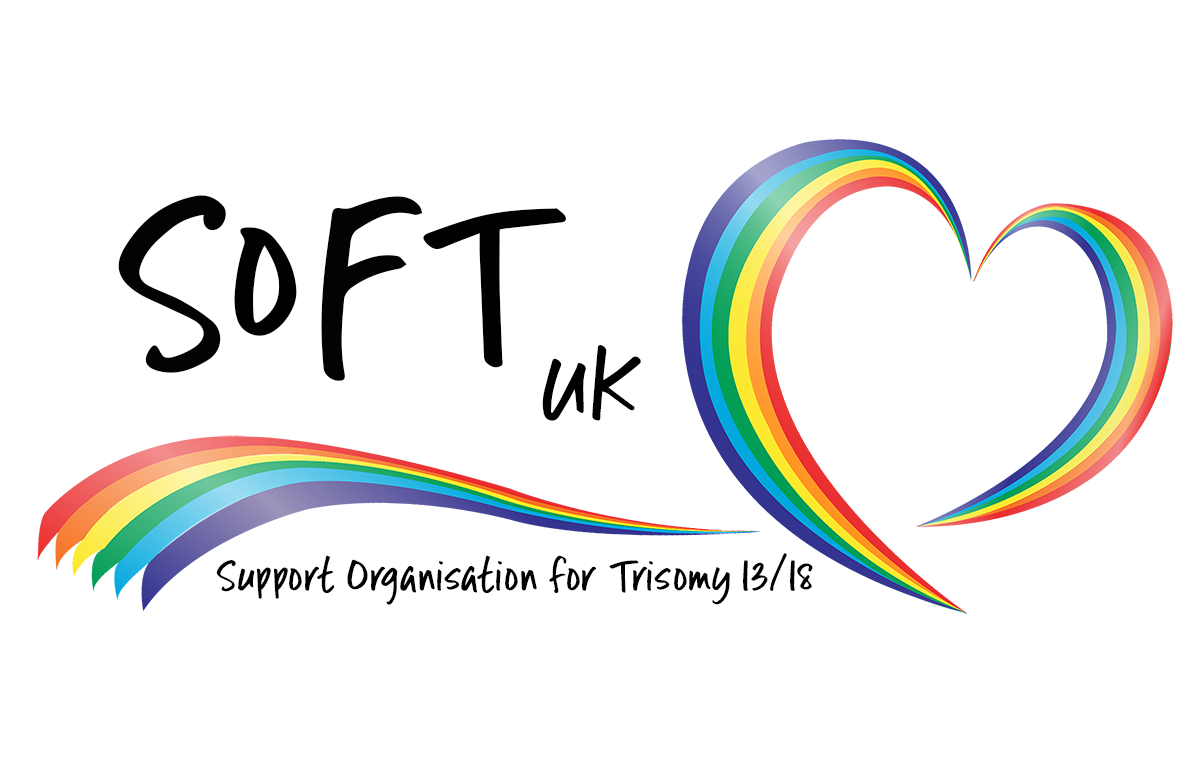Continuing Bonds
Parental grief is about finding ways to keep their love for their baby alive after the loss of their baby, and to fill the void left by their absence. This complex process with no fixed formula needs to be done at the individual parent’s own pace.
People outside the family can validate the enormity of what has happened. It is generally accepted that where parents can interact in a community in which the child’s death is recognised, parental grief is acknowledged, and their baby’s existence is validated.
Adjusting to the loss demands that bereaved parents are helped to develop a language for talking about their baby. They need people who can share the bonds that they have with their baby - people who are prepared to recognise that bond as part of an ongoing relationship.
Conversely, where parents perceive that the pain they feel is not felt within their community, it is like their grief is forbidden.
The theory of ‘continuing bonds’ challenges the view that parents are able to ‘move on’ from their bereavement. Although the bond with their baby is changed after their death, it can be continued, and whenever parents are able to talk about their baby, this can help them to ‘weave a connection’ with their baby.
Memories are probably the most precious gift that bereaved parents have. They are accessible links that can be revived. Memories of shared times together can help form a link with the past and also provide an affirmation of the possibility of an ongoing relationship.
Many parents develop a capacity to retain vivid memories of their baby that keep them ‘connected’. The connection develops over time so that it remains appropriate to present circumstances. Some parents describe the feeling that their child still influences their life as a ‘welcome presence’. Often parents and grandparents say they talk to their baby or ‘connect’ with their baby’s spirit, as though the baby has continued to mature after their death. Sometimes visiting a grave or a special place provides a continuing link between the past and present. Tangible reminders can also validate the baby’s ongoing place in the family’s lives.
Bereaved parents may choose to engage in meaningful activities to demonstrate their connection to their baby. Examples include Raising money for charities; Creating a remembrance garden; Lobbying for policies in political/medical systems to be changed; Donating (building a legacy) in remembrance.
(From 28 minutes in): Faith's parents, Rae and Josh talk about being in the do-er category of bereaved parents, and their line of Trisomy 13 hats in memory of their daughter. https://podcasters.spotify.com/pod/show/softuk/episodes/Improve--Inspire--Empower-Bereaved-e249aod/a-a9rt11b
